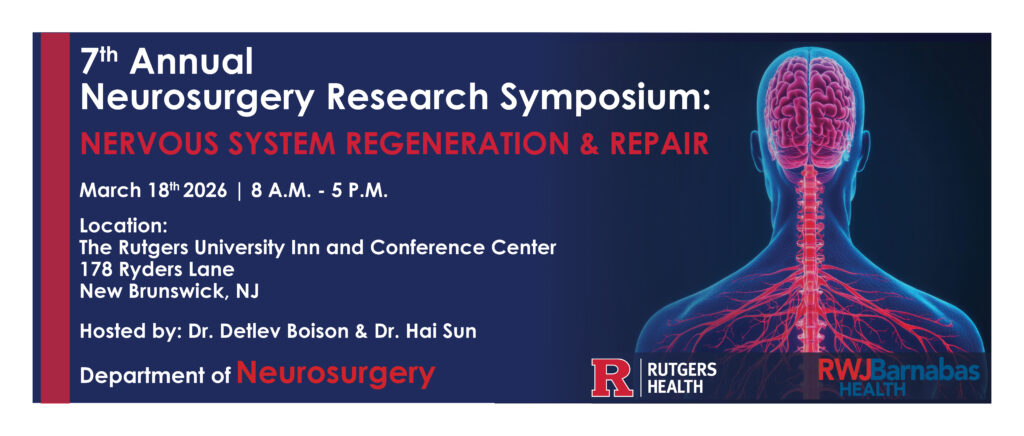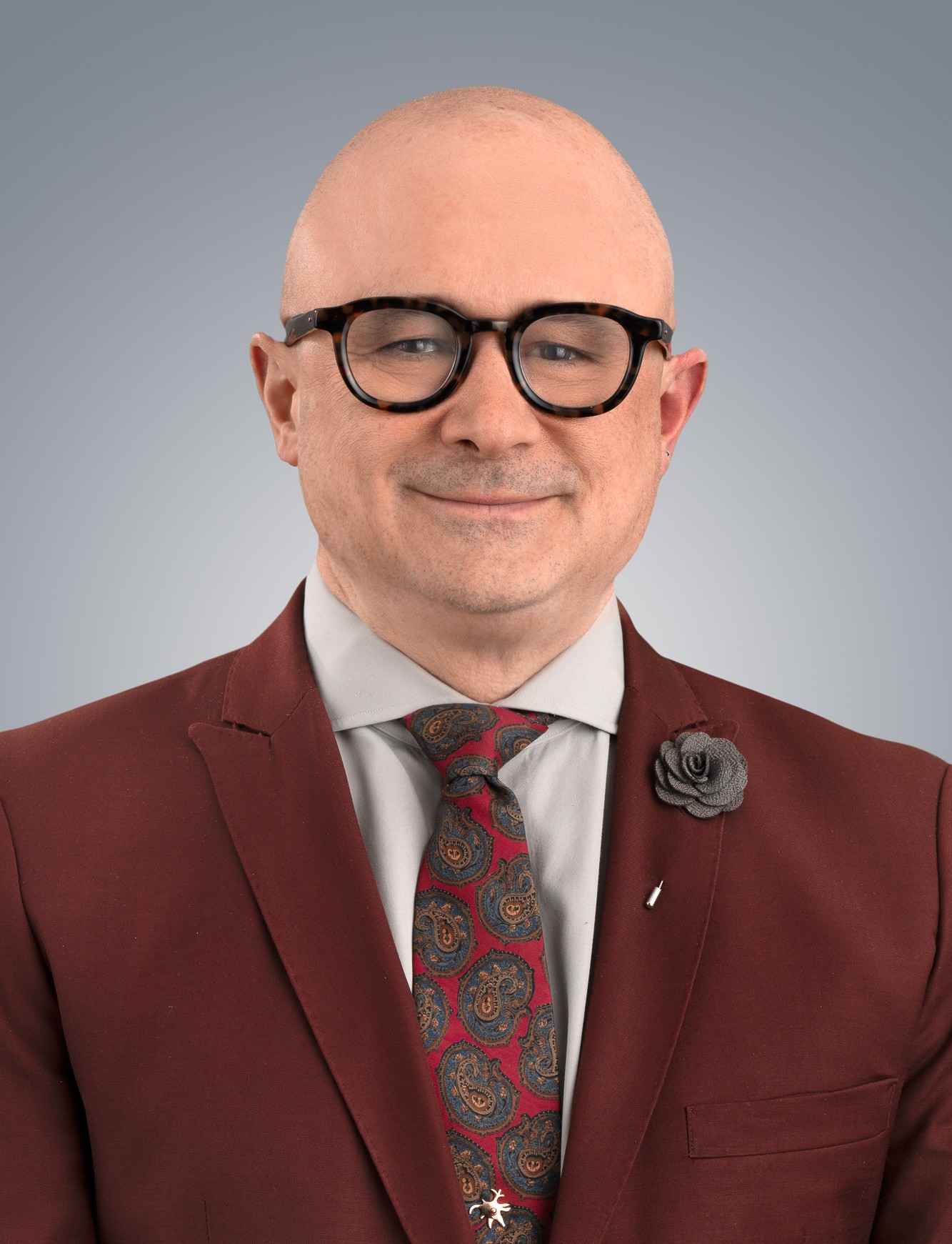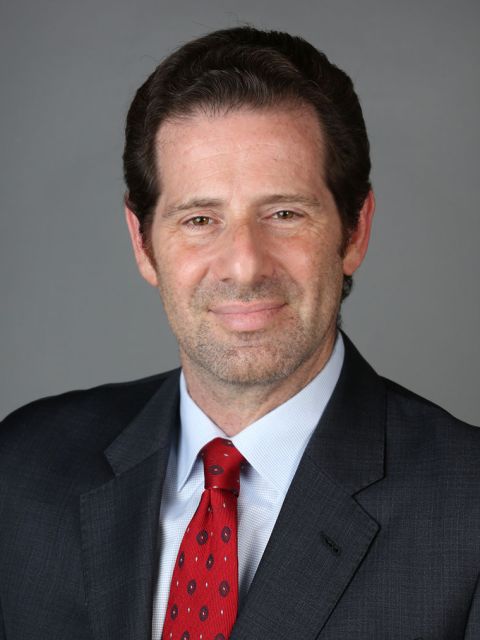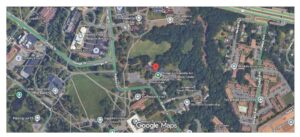Neurosurgery Research Symposium

The 7th Annual Neurosurgery Research Symposium will be held on March 18, 2026, with this year’s focus on Nervous System Regeneration and Repair. The event will run from 8am to 5pm in the historical Rutgers University Inn in New Brunswick, NJ.
Hosted by Dr. Detlev Boison and Dr. Hai Sun, the Neurosurgery Research Symposium is a yearly event designed to showcase research accomplishments from the department and to connect students, postdocs, residents, and clinical and research faculty during an interactive day of research presentations and discussions. This year’s theme, Nervous System Regeneration and Repair, will highlight groundbreaking research in rehabilitation, repair, and regeneration in the context of brain, spinal cord, and the peripheral nervous system. We are privileged to have pioneers in the field, Dr. Nichola Boulis (Emory University) and Dr. Michael Kaplitt (Cornell University) join us as keynote speakers.
The event brings together a local audience of researchers and clinicians to highlight new developments in neurosurgery research covering the entire spectrum from basic, translational, clinical and outcomes research and ultimately outline pathways from the newest basic research findings to clinical implementation.
Don’t miss the chance to explore the latest breakthroughs and be a part of shaping the future of neurosurgery.
Plenary Speakers
 |
Nicholas Boulis, MD, PhD Professor, Department of Neurosurgery, Emory University School of Medicine Dr. Boulis has extensive expertise in the field of gene transfer to the nervous system. His lab pursues novel and advanced treatments for amyotrophic lateral sclerosis (ALS), also known as Lou Gehrig’s disease, as well as Parkinson’s disease, spinal muscular atrophy and refractory pain conditions. |
 |
Michael Kaplitt, MD, PhD Executive Vice Chair and Professor of Neurological Surgery, Director of Movement Disorders and Pain, Weill Cornell Medical College Dr. Kaplitt is an internationally recognized expert in the science of gene therapy and molecular neurobiology, and his current focus is to understand molecular disease mechanisms and develop novel molecular therapies for Parkinson’s disease, depression, addiction, and pain. |
-
Access the event brochure by clicking the link below to learn more about the 7th Annual Neurosurgery Research Symposium on March 18, 2026. This year’s theme, Nervous System Regeneration and Repair, will highlight groundbreaking research and neurosurgical advancements in rehabilitation and repair in brain, spinal cord and the periphery. Join us for a full day of research presentations, discussions, and insights from leading experts in the field.
-
Researchers at all levels are welcome to submit an abstract and present their latest research in poster form. 10 abstracts will be selected to give flash talks during the program and the top three posters will receive awards.
Presenters should set up their posters before the symposium begins or during the morning and lunch breaks. Easels and push pins will be provided as well as foam boards to accommodate 36”x48” posters. Presenters should be present at their posters from 3:30-4:30pm.
The best poster awards will be presented at 4:45pm during the closing remarks.
Please email your abstract to denise.fedele@rutgers.edu on the attached template.
*Deadline for all abstract submissions is February 27, 2026
Click Here to Download Template
-
Free parking is available on site at the Rutgers University Inn and Conference Center.
